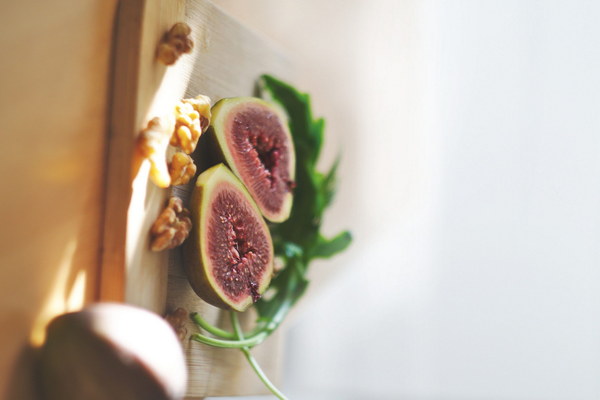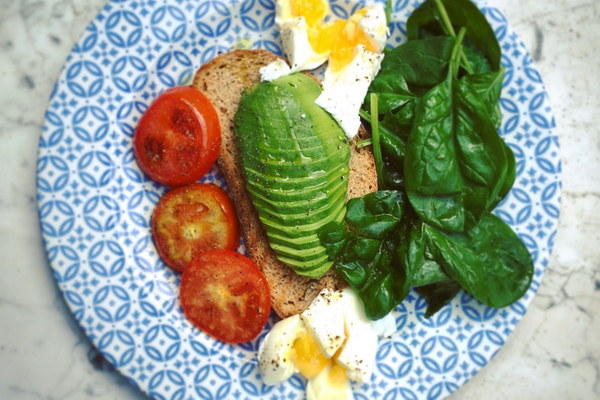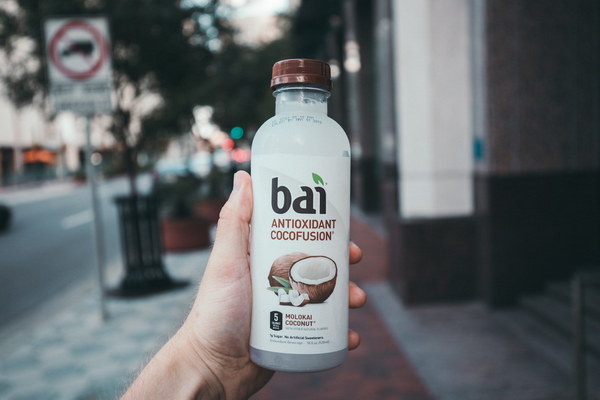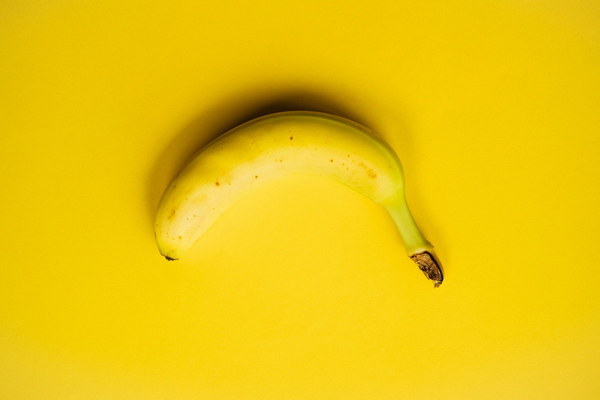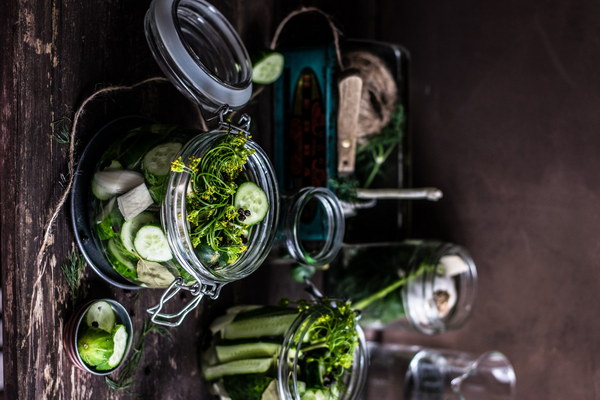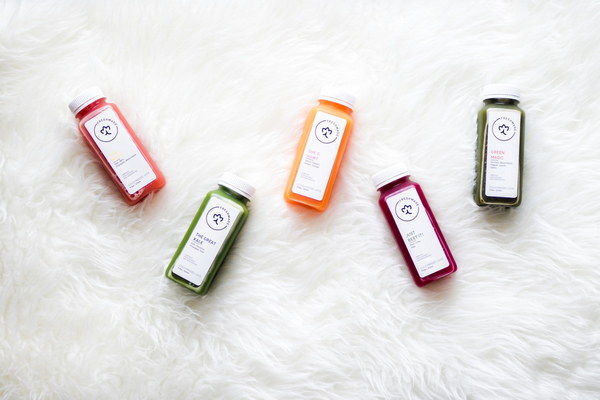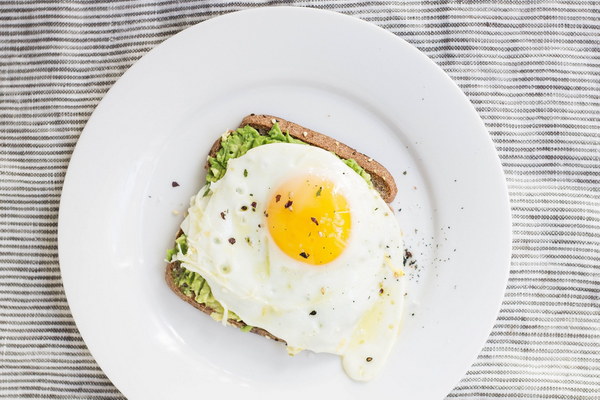Yellowish Complexion Revitalize Your Health with These Nutritional Tips for Body Balancing!
Introduction:
A yellowish complexion can be a sign of various health issues, from nutritional deficiencies to underlying medical conditions. If you're concerned about your yellowish complexion, it's essential to address the root cause and implement a holistic approach to revitalize your health. In this article, we will explore the reasons behind a yellowish complexion and provide practical tips on how to balance your body and improve your complexion naturally.
1. Identify the underlying causes:
Yellowish complexion can be a result of several factors, including:
a. Nutritional deficiencies: Iron, B vitamins (especially B12 and folate), and vitamin A deficiencies can lead to a yellowish complexion.
b. Liver dysfunction: The liver plays a vital role in filtering toxins and producing bile. When the liver isn't functioning properly, it can cause a yellowish hue in the skin.
c. Jaundice: This is a condition where the liver is unable to process bilirubin, a yellow pigment produced by the breakdown of red blood cells. Jaundice can cause the skin and eyes to appear yellowish.
2. Adopt a balanced diet:
To improve your yellowish complexion, focus on incorporating the following nutrients into your diet:
a. Iron: Incorporate iron-rich foods such as lean red meat, poultry, fish, beans, lentils, tofu, and fortified cereals. To enhance iron absorption, consume vitamin C-rich foods like oranges, strawberries, bell peppers, and leafy greens.
b. B vitamins: Include foods high in B vitamins, such as whole grains, nuts, seeds, legumes, dairy products, eggs, and lean meats. B12 is also available in fortified cereals, nutritional yeast, and supplements.
c. Vitamin A: Consume sources of vitamin A like sweet potatoes, carrots, dark leafy greens, and orange bell peppers. This vitamin supports skin health and can help improve a yellowish complexion.
d. Beta-carotene: Found in colorful fruits and vegetables, such as kale, spinach, red bell peppers, and cantaloupe, beta-carotene can give your skin a healthy glow.
e. Antioxidants: Include a variety of fruits and vegetables rich in antioxidants, such as berries, dark chocolate, green tea, and dark leafy greens. Antioxidants can help combat oxidative stress and improve skin health.

3. Stay hydrated:
Drinking plenty of water is crucial for maintaining healthy skin. Aim for at least 8 glasses of water a day, and consider adding cucumber slices or lemon slices to your water for added flavor and benefits.
4. Support liver function:
To promote optimal liver function, consider the following:
a. Limit alcohol consumption: Alcohol can overload the liver and impair its ability to filter toxins.
b. Avoid processed foods: High levels of processed foods can increase the workload on your liver, contributing to a yellowish complexion.
c. Incorporate detoxifying foods: Foods like beets, artichokes, and leafy greens can help support liver detoxification.
5. Regular exercise:
Engage in regular physical activity to improve blood circulation, boost your immune system, and enhance overall skin health. Aim for at least 30 minutes of moderate exercise most days of the week.
6. Manage stress:
High stress levels can impact your liver function and lead to a yellowish complexion. Practice stress-reducing techniques such as yoga, meditation, deep breathing exercises, or engaging in hobbies you enjoy.
Conclusion:
A yellowish complexion can be an indicator of various health issues. By adopting a balanced diet, staying hydrated, supporting liver function, engaging in regular exercise, and managing stress, you can improve your complexion and overall health. If your yellowish complexion persists or is accompanied by other symptoms, it's essential to consult with a healthcare professional to rule out any underlying medical conditions.

